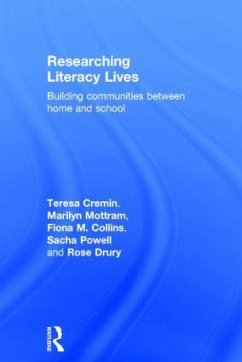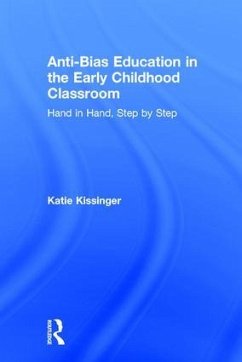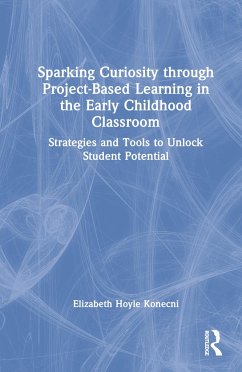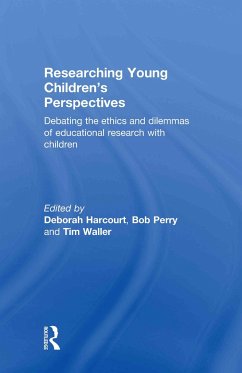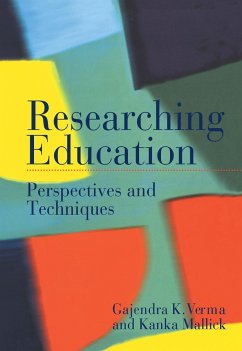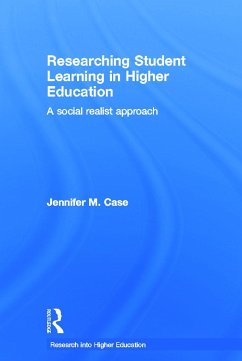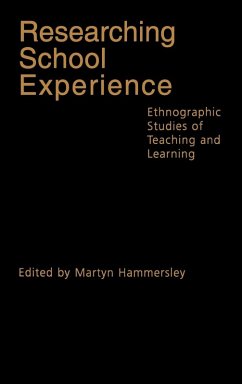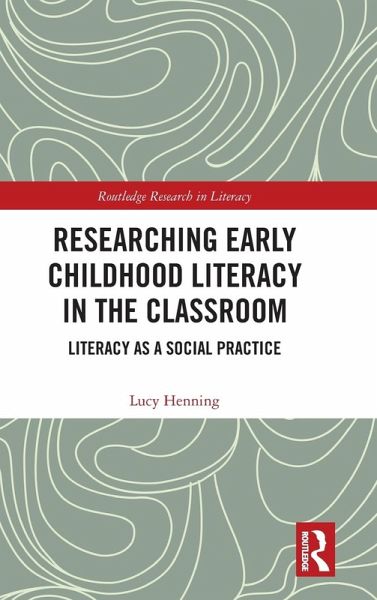
Researching Early Childhood Literacy in the Classroom
Literacy as a Social Practice
Versandkostenfrei!
Versandfertig in 1-2 Wochen
167,99 €
inkl. MwSt.
Weitere Ausgaben:

PAYBACK Punkte
84 °P sammeln!
This volume demonstrates how the ethnographic approach to research demanded by a 'Literacy as Social Practice' perspective can generate fresh insights into what happens when young children engage with schooled literacy tasks.






